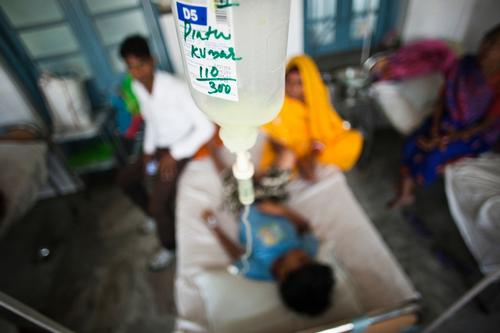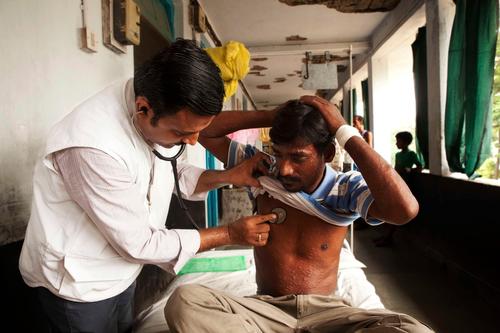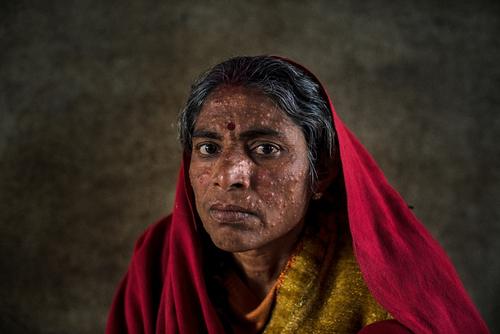At a time when India has more than 1,400,000 children affected by acute malnutrition a pledge to recognize and accept Severe Acute Malnutrition (SAM) as a medical condition, and to treat it medically at all public health facilities is the need of the hour. The international medical humanitarian organisation, Médecins Sans Frontières (MSF) has been working in Bihar’s northern district of Darbhanga since 2009 toward providing curative treatment to severely acute malnourished children.
Thousands of children undernourished
Treatment for severely malnourished patients in Bihar and other states is largely inaccessible, which renders thousands of children helpless and undernourished. A June 2014 survey conducted by MSF in collaboration with the District Health Society in Darbhanga recorded the prevalence of SAM at 3.7%, which represents nearly 22,000 children under five affected by the condition.
So far, MSF has admitted more than 13,000 severely malnourished patients aged six months to five years in its community-based treatment programme in Biraul, a flood-prone block in Darbhanga district. Among the patients admitted, 89% are younger than two years old. 87% belong to the poorest and most vulnerable castes and more than 60% are female.
Nutritional and medical care
MSF’s experience shows that children with severe malnutrition can be successfully detected at the community level with help from community health workers. Social Health Activists identify and screen patients, and refer them to the Primary Health Centres where they receive nutritional and medical care. Only cases with medical complications require inpatient care at a facility that has provision for specialised care and treatment like the Nutritional Rehabilitation Centres and MSF’s Malnutrition Intensive Care Unit in Darbhanga.
Severe Acute Malnutrition (SAM), if untreated, thwarts growth retardation and cognitive underdevelopment, which are almost irreversible beyond a certain point. And while precautionary measures such as economic and food security along with proper breastfeeding practices are key interventions in reducing acute malnutrition among children, recognizing SAM as a medical condition and treating it is just as important. An integrated approach not only ensures greater coverage of treatment for SAM children, but also reduces the risk of patients defaulting on treatment.
Continuity of care
In close collaboration with the Bihar State Health Society, MSF continues to work with medical staff in the primary health centres in a bid to ensure continuity of care to the needy and sick children. We believe using the resources within the public health systems not only ensures greater coverage of treatment for SAM children, but also reduces the risk of patients defaulting on treatment.
Bihar is the third most populous state in India carrying the burden of 49.81 % underweight children. We encourage the Indian government to scale up their initiatives to actively treat SAM patients and help eliminate the curse of under nutrition among children.





